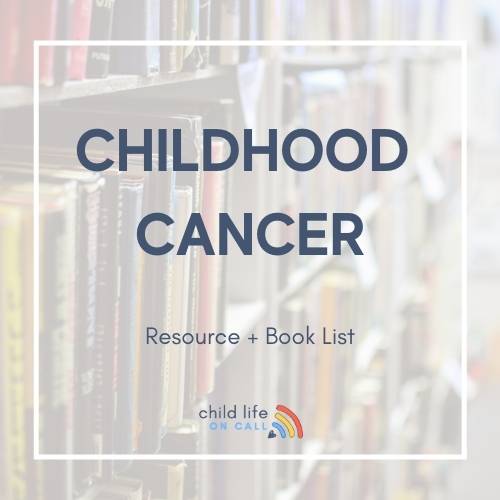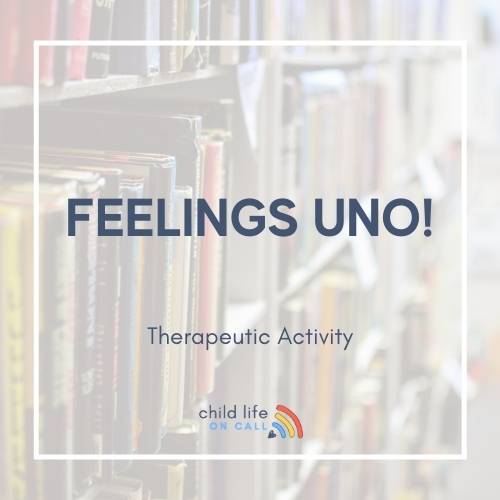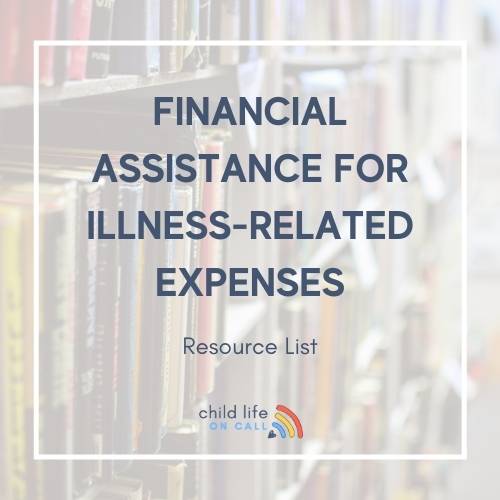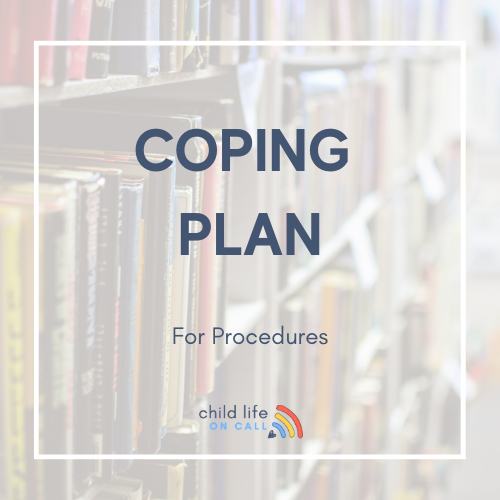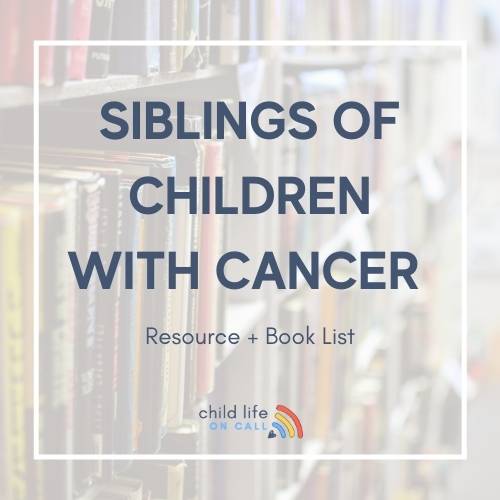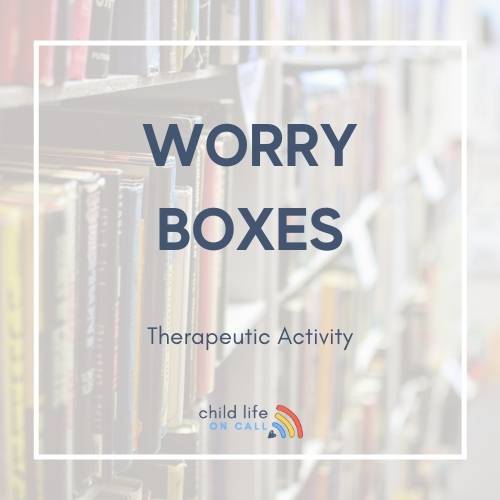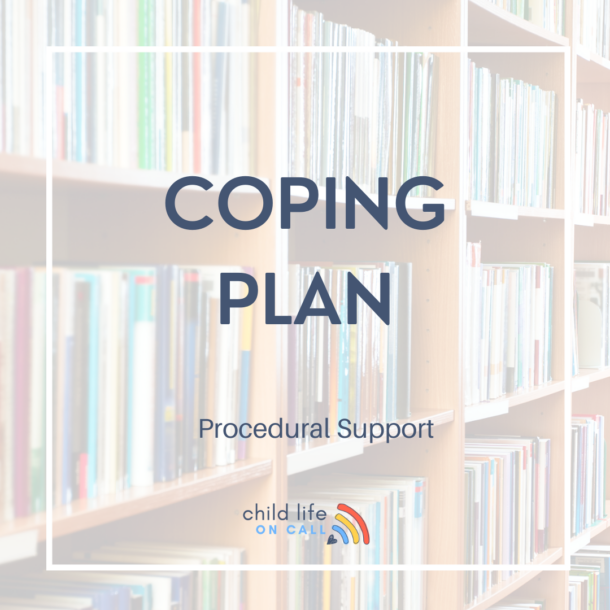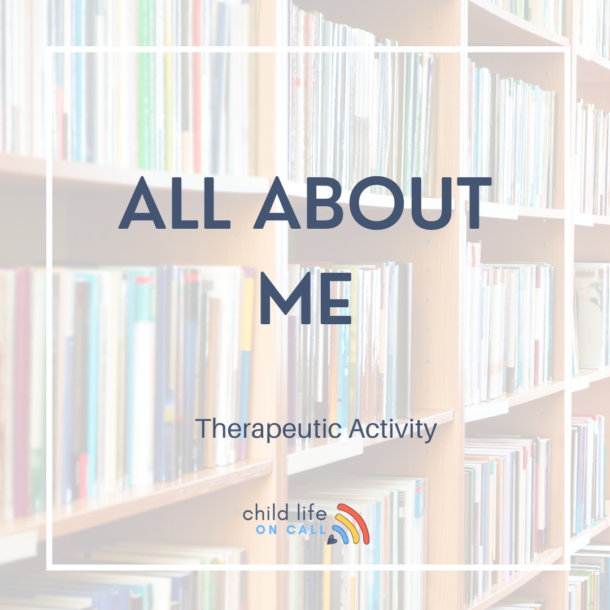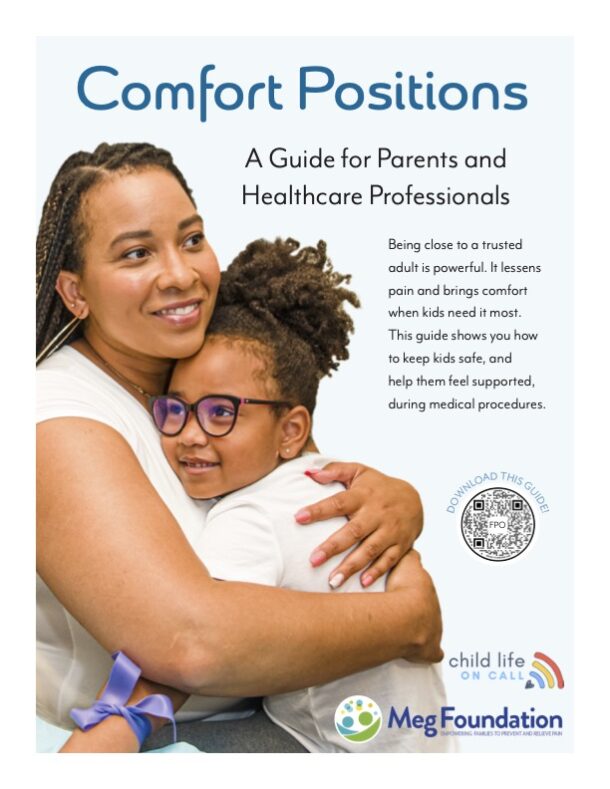Community and peer support play a crucial role in navigating medical experiences. Families and healthcare professionals often face numerous challenges, such as emotional distress, complex healthcare systems, and limited resources. This blog post aims to provide practical solutions and support to help individuals overcome these challenges and empower them to build strong support networks.
Understanding Community Support
Community support refers to the assistance, encouragement, and resources provided by individuals or groups to help others navigate challenging situations, such as medical experiences. It is important to recognize the different types of community support available, as they can significantly impact individuals’ well-being and their ability to cope with medical experiences.
Family and friends often serve as the foundation of community support, providing emotional and practical assistance during trying times. Support groups, on the other hand, bring together individuals experiencing similar challenges and serve as a safe space for sharing stories, advice, and coping strategies. Online communities, such as social media groups and forums, provide a virtual platform for individuals to connect and share experiences with others who may be going through similar medical situations. Healthcare professionals, including doctors, nurses, and child life specialists, also play a vital role in providing community support through their expertise, guidance, and compassion.
The impact of community support on medical experiences cannot be underestimated. It helps individuals and families feel understood and less isolated, fosters a sense of belonging, and equips them with the tools and resources needed to navigate complex healthcare systems. By harnessing the power of community support, individuals can better cope with medical experiences and face challenges with resilience and hope.
The Benefits of Peer Support
Peer support is a type of assistance provided by individuals who share similar experiences, such as navigating medical challenges. It offers both emotional and practical benefits, helping individuals feel less alone and better equipped to cope with their medical experiences.
Emotionally, peer support fosters a sense of understanding and empathy, as individuals can relate to one another’s experiences. This shared connection allows for the validation of feelings and the exchange of coping strategies, which can be invaluable when facing medical challenges.
Practical benefits of peer support include advice on navigating healthcare systems, recommendations for resources and services, and financial support or assistance. Peers who have undergone similar experiences can share their insights and offer guidance on how to best manage the complexities of healthcare systems. They can also recommend helpful resources and services that have been beneficial to them in their own journeys. In some cases, peers may be able to provide financial support or connect individuals with organizations that offer assistance.
In summary, peer support plays a significant role in helping individuals navigate medical experiences, providing both emotional and practical benefits that can make a meaningful difference in their lives.
How to Find Community and Peer Support
Locating the right community and peer support can make a significant difference in one’s ability to navigate medical experiences. Here are some ways to find the support you need:
Research local support groups available in your area by exploring hospitals, healthcare facilities, non-profit organizations, and community centers. These groups often have professionals such as child life specialists, nurses, doctors, and social workers who can offer guidance and support. Attending local support groups can also connect you with others who share similar experiences and understand your situation.
Utilize online resources such as social media groups, online forums, and websites dedicated to specific medical conditions or challenges. These platforms provide an opportunity to connect with others in similar circumstances and share experiences, advice, and resources. Online communities can be especially helpful for those who may not have access to local support groups or prefer the convenience of virtual connections.
Ask healthcare professionals for recommendations on support groups, resources, and services that can benefit your specific situation. They can often provide valuable insights and connections to local or online communities that cater to your needs.
Finding community and peer support may require some effort and persistence, but the benefits of having a strong support network during medical experiences are immeasurable. Keep exploring different avenues until you find the right fit for your needs.
Building Your Own Support Network
Creating a robust support network is essential for navigating medical experiences. Here are some steps you can take to build your own support system:
Connect with others in similar situations, either in-person or online, to establish relationships based on shared experiences. These connections can provide invaluable emotional and practical support during difficult times.
Share your own experiences and knowledge with others who may benefit from your insights. By offering your perspective, you contribute to the collective wisdom of the community and provide support to those in need.
Offer emotional and practical support to others by being a compassionate listener and providing assistance when possible. This support can be anything from offering a shoulder to cry on, lending a helping hand, or sharing helpful resources. By being there for others, you strengthen your support network and foster a sense of belonging.
Encourage open communication and active listening within your support network. This can create a safe space for sharing experiences, discussing challenges, and seeking advice. By fostering an environment of trust and understanding, your support network can become an essential resource during medical experiences.
Building a strong support network takes time and effort, but the benefits it provides in coping with medical experiences are invaluable. By connecting with others, sharing your own experiences, and offering support, you can create a community that empowers and uplifts everyone involved.
The Role of Child Life On Call in Facilitating Community and Peer Support
Child Life On Call plays a crucial role in supporting families and healthcare professionals as they navigate medical experiences. Through a variety of services and resources, Child Life On Call aims to provide practical solutions and empower individuals to face challenges with resilience and hope.
Child Life On Call offers access to child life specialists who are trained professionals dedicated to supporting children and families in healthcare settings. Their expertise and compassionate guidance can provide invaluable support during medical experiences.
In addition to connecting families with child life specialists, Child Life On Call also offers online resources and information to help individuals better understand and cope with their situations. These resources aim to educate and support families, making it easier for them to navigate complex healthcare systems.
By leveraging technology, Child Life On Call bridges the resource gap and provides families and healthcare professionals with the tools they need to face medical challenges. By offering accessible support and information, Child Life On Call plays a vital role in fostering community and peer support for those navigating medical experiences.
Conclusion
In summary, community and peer support play a vital role in navigating medical experiences, providing emotional and practical benefits that help individuals and families cope with challenges. By fostering connections and support within their communities, families and healthcare professionals can feel empowered and better equipped to face medical experiences. We encourage readers to seek out and build their own support networks, leveraging resources like Child Life On Call to bridge the resource gap and provide access to essential services and information. Together, we can create a supportive and empowering community that makes a meaningful difference in the lives of those facing medical challenges.


